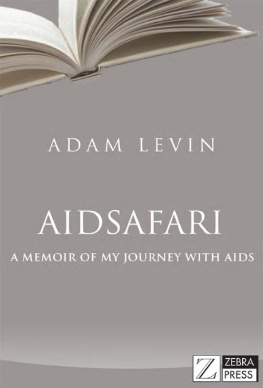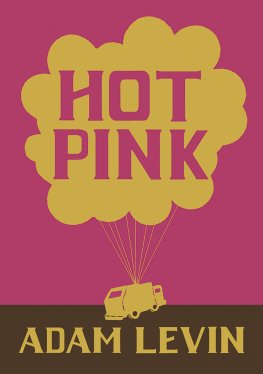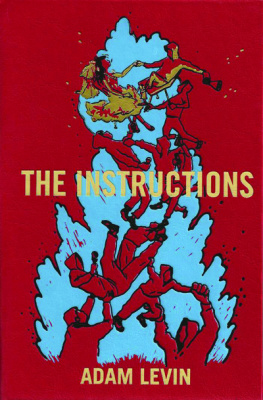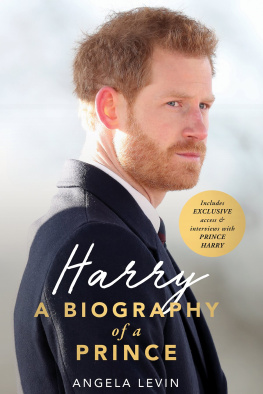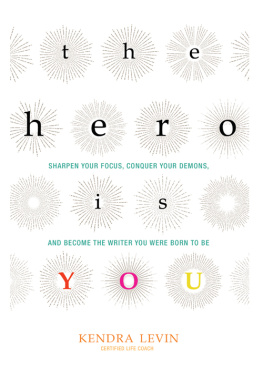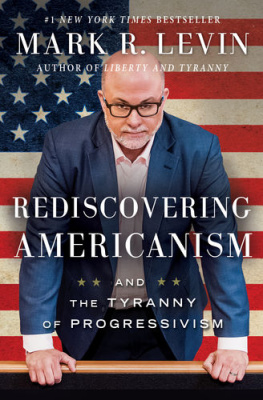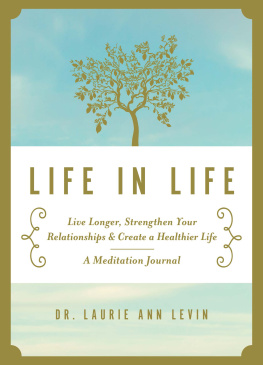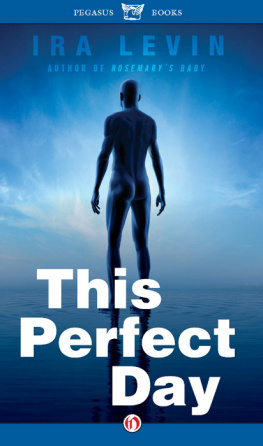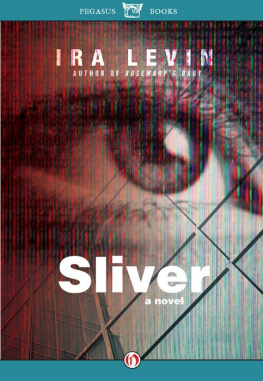Praise for Aidsafari
I could not put this book down ... Aidsafari is a page-turner that had me laughing out loud in places, and reduced me to gutwrenching sobs in others ... [A] refreshingly honest book
City Press
Ultimately you should read this book not only because it is an important one, but also because it is a bloody good read. Adam Levin invites the reader into his life in this book, paying tribute to the immense human suffering that illness causes, but also reminding the reader that it is possible to survive with your personality intact
Cape Times
[A] story of courage, of illumination
Pretoria News
[A]n insightful survivors message
Drum
Although I initially expected a depressingly gloomy book, I was pleasantly surprised by it Aidsafari is a brave book detailing one persons fight for survival, and how he faces the harshness and beauty of this roller-coaster called life Refreshing and highly inspirational, Adam Levins memoir is filled with hope
Big Issue
Adam Levin brings his fierce spirit to the account but also mixes it with a moving, but never maudlin, honesty and vulnerability. An extraordinary achievement, not least because it inspires rather than depresses
Farmers Weekly
Like its author, Aidsafari is the most engaging sermon and redemption song in secular literature right now
Sunday Times
It is outrageous, it is open, it is honest, it is intelligent, it makes you cry, it makes you laugh, it wont let you go, it reaches the heart and it reaches the brain
The Teacher
A DAM LEVIN IS A gay South African author, journalist, fashionista and occasional cultural terrorist. A winner of two Mondi Gold Awards for Journalism, he trained as a staffer for Style magazine, before travelling through some twenty African countries. These journeys resulted in a hugely popular collection, The Wonder Safaris, published by Struik in 2003. His next book, The Art of African Shopping, published in 2005, details his adventures as a trader and explores the magic of African crafts, fashion, food and music. This is his third, and most personal book.


A Memoir of My Journey with Aids
Adam Levin
For Mom and Dad.
How on earth did I find you?
PREFACE
I HAVE NO IDEA HOW long I have been HIV-positive, maybe five years, maybe less, maybe more, but I have had Aids for the past two years. When I disclosed my status to my parents they assured me that I wouldnt have to worry about the cost of treatment and that they would remain at my side on the journey that lay ahead. Few people are so blessed. The majority of people with Aids struggle not only with the disease, but with its exorbitant financial pressures and cruel social stigmas. I have suffered none of that. I have not been shunned by the people around me (okay, maybe a couple, and you know who you are); I have not had to worry about access to anti-retrovirals; and I have been surrounded with love and care. And yet, this has undoubtedly been the most difficult journey of my life. If youd asked me, in the beginning, if Id be able to handle the degree of suffering and uncertainty that lay ahead of me, I wouldnt have hesitated in my response. No, its far too much, Id have said. Hand me the revolver.
But I didnt know. With the generation before me already tragically lost, my own generation had buried its head in the sand. I read daily about Aids in the newspaper. I knew the extent of its spread and had some grasp on the politics of the crusade to manage it. And yet, despite being gay, thirty years old, and a resident of the country with the highest infection rate in the world, I was completely ignorant about the realities of this disease. I was bang in the epicentre of the Aids pandemic, and yet, if youd asked me what Aids was really about on a daily basis, I wouldnt have known what to say. I had no sense of the experience of the progression of this disease. I was clueless as to the degree of pain and anxiety involved. Like so many of us, I was a victim of the secrecy and ignorance surrounding what has become the worlds most pressing concern.
Often while writing this memoir, I lost faith in its process. I wrestled with the egotism of writing sixty thousand words about myself, and I doubted its value. Many times, I abandoned the whole idea. But as unfortunate as the story of my suffering might be, the circumstances surrounding it have been extremely fortunate. The angels of care and affirmation have always been close at hand, and whatever doubts I still might have as to the significance of this manuscript, if there is any way I can express the depth of my gratitude for that support, it is by telling a story. And this is it.
When I first got sick, I looked for books that might prepare me for the journey ahead of me. I looked in the bookstores, I surfed Amazon, and yet I found nothing. This was no accident. In its own insidious way, the conspiracy to keep this disease walled in silence had triumphed. If this memoir helps to chip away at a single brick of that immense wall of silence, I will be greatly honoured. If my story can be of any solace or assistance to anyone battling the rigours of this disease, or to any of the people close to him or her, it will be my privilege to offer that. But this is not intended as a handbook for people with Aids: on a deeper, more intimate level, it is simply a story about lostness and love and life and how rarely it fails to surprise you.
At times, I also struggled with the fears of personal exposure and worthlessness surrounding the publication of this book. But when I finally accepted that this unextroardinary story was possibly one worth sharing, finishing this book proved one of the easiest things Id ever done. It proved a far less complicated endeavour than either of the collections of journalism I had published or the novel I was working on the characters of which would yank me out of bed at 4:30 in the morning, demanding that I hobble over to my laptop and inform them where on earth I was leading them.
In the end, there is nothing simpler than telling a story when it is yours alone.
Probably the trickiest part in the whole written journey was choosing a title. I knew that I wanted to make this memoir as accessible as possible, because, ultimately, if it didnt reach people there would have been little point in writing it. And yet everything I came up with seemed either so dumb-assed obvious or nauseatingly soppy, I couldnt imagine putting my name beneath it. And so I began bothering everyone around me for their responses to any vaguely possible option.
Id been stuck on 2 for a while my miserable, rockbottom cell count when I first tested positive. It captured the tragedy of my own denial and the almost fatal progression of the HI virus within my body as a result of that process at one point, 429 000 copies of itself within each tiny cell. 2 also evoked the idea of a second chance and a new beginning, but, as my darling friend Alex so astutely observed, 2 seemed glaringly inappropriate for a journey that had been so distinctly solo.
My editor had come up with the phrase Still Life with Aids. I played with the words. Still! Life with Aids. It captured the amazing resilience of my journey, the merciful possibility that one could have Aids and

